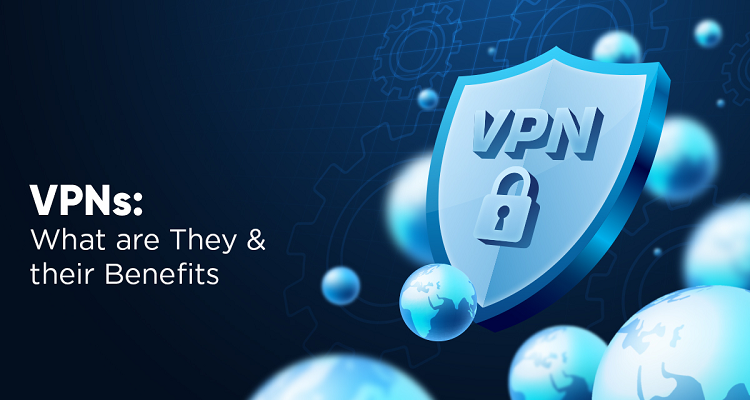Does the term VPN sound intimidating? It’s because you haven’t had the pleasure of using this service yet. VPNs are easier to use than you think, offering the best security when browsing online. Keep scrolling to learn what a VPN is and its benefits.
Table of Contents
Meaning of VPNs
VPN is short for a virtual private network. It is a mechanism for creating an encrypted tunnel between two networks so that to and fro communication between the network and users are kept safe.
Moreover, VPNs mask users’ IP addresses and make it difficult for hackers or Internet service providers to assess the users’ location.
In simpler words, using a VPN means hiding your online identity and browsing the web anonymously, so your private data is secure.
How to Set Up a VPN?
Setting up a VPN Mac or Windows is as easy as A, B, C. The first step is to choose the VPN service provider suiting your specific requirements. Some top VPN providers are NordVPN, Proton VPN, Private Internet Access VPN, CyberGhost VPN, etc.
Once you have chosen the VPN provider, you must visit the website and install the program on your device. Then, follow the steps to register on the software.
After the registration process, you must select the country server of your choice and start browsing the web, streaming online content, or playing online games.
Benefits of VPNs
Your private information is hidden
VPNs can hide your private information and keep hackers from intercepting your data. However, hackers who access your information may try to impersonate you or gain access to your credit card and bank information.
Thankfully, VPNs come with 256-bit encryption that makes all your online communications appear garbled characters and text.
Your network is secure
By using VPNs, businesses can secure their network. Also, it prevents websites and government agencies from tracking and monitoring your online activities. So advertisers and other third parties cannot analyze the data collected to use it to send you targeted ads.
You can prevent an influx of pop-ups that may hamper your browsing experience using VPNs.
Enjoy privacy when connected to public Wi-Fi
Public Wi-Fi connections are convenient but can affect your security and privacy. For example, if you are answering emails or shopping while connected to a public Wi-Fi network, you may give out your private data to individuals on the same network with malicious intent.
You can protect your data while connected to public Wi-Fi by using a VPN. Then, your banking information, browsing history, and account passwords will remain hidden.
Bandwidth throttling can be avoided
Bandwidth throttling is when your ISP intentionally reduces the Internet speed. This is typically done when visiting certain websites or engaging in certain online activities. Using a VPN can encrypt the traffic from your device and prevent your ISP and others from seeing the websites you are visiting.
If your ISP cannot see the data going to and from your device, they won’t be able to throttle it down.
Bandwidth throttling usually occurs when gaming online or streaming online content. So if you encounter buffering issues, know that your Internet connection is being throttled, which can be avoided by using a VPN.
Prevention of data throttling
If you have consumed a specified amount of available data and your ISP wishes to slow down your service, you will be experiencing data throttling. With a VPN, you can avoid a data cap because your ISP won’t be able to see how much data you have used.
This is the best solution if you are on a data plan and have consumed your available data for the day or month.
Easily access geo-blocked content and services
Another benefit of using a VPN is that you can easily access geo-blocked content and services. VPNs hide IP addresses so your device’s location cannot be seen by the online service you want to use. So while you browse the web, stream content, or engage in other activities, your IP address remains hidden.
Some services and websites do not allow users from certain countries to access all or some of the content offered. It is not an uncommon practice, mainly seen with streaming services like Netflix, Hulu, etc. These streaming websites cannot make their entire content collection available due to regional restrictions and copyright issues.
Using a VPN, you can stream content from anywhere in the globe. So, for example, if you are a resident of the USA and want to watch US-based shows and movies while traveling to the UK or Russia, you can do so by connecting to a VPN.
The Bottom Line
Improve your web browsing and gaming experience online by using a VPN. Choose the right VPN provider and proceed to safeguard your information. Besides VPN, ensure to implement other safety techniques like using password managers, not divulging too much information online, etc.















Comments